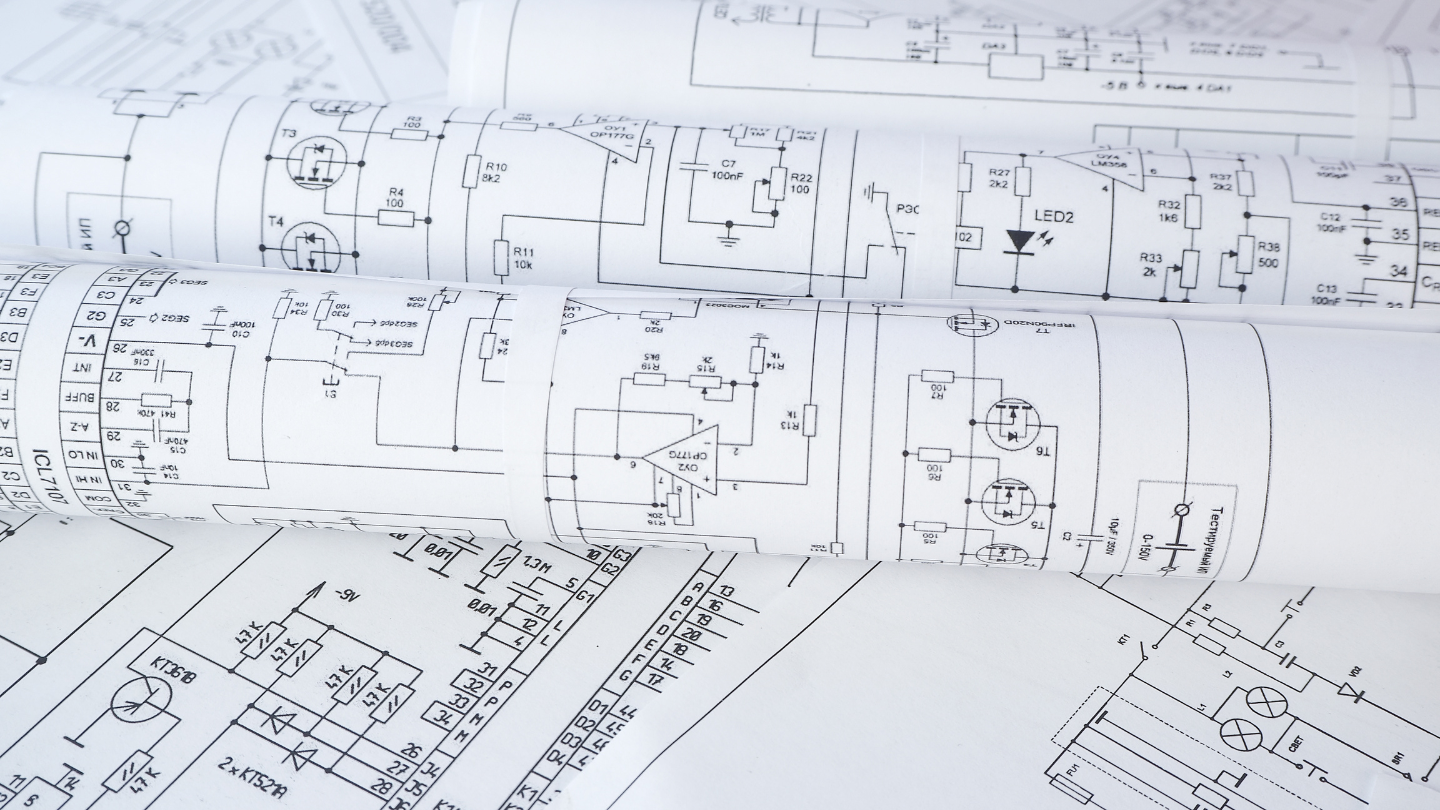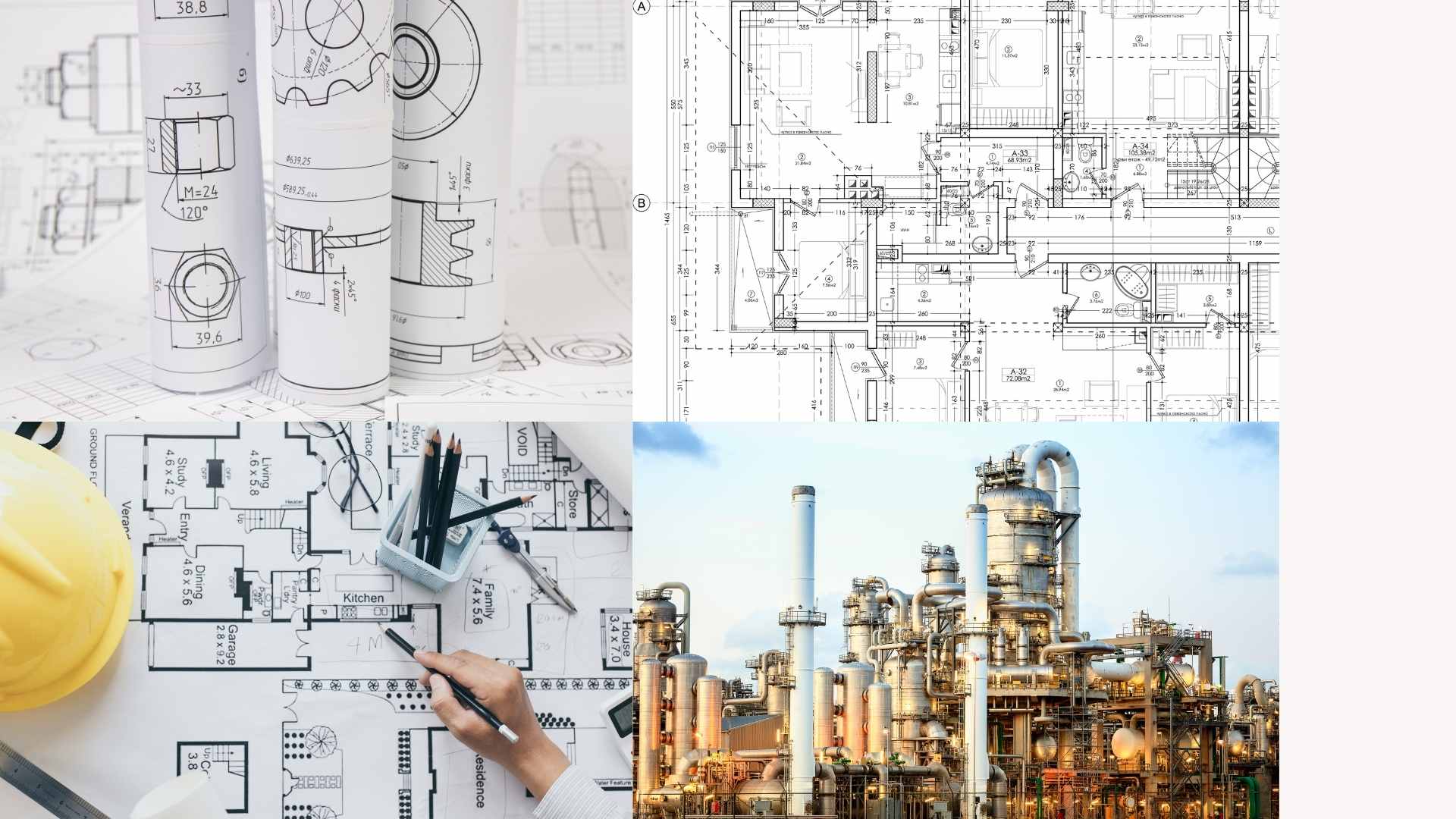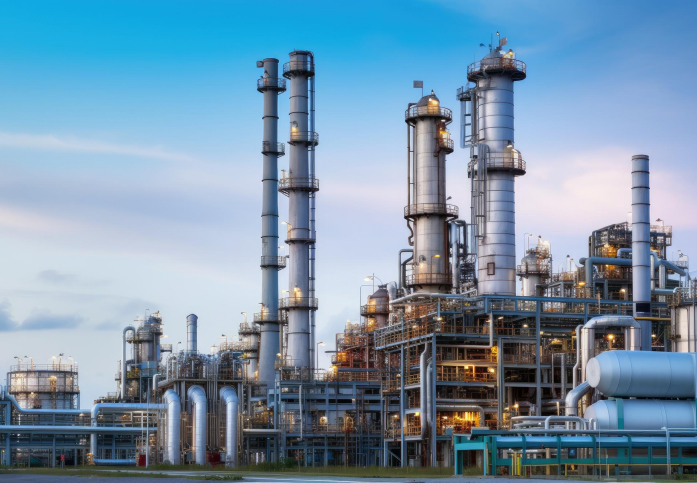Top Features to Look for in APM Software for Better ROI
Across industries like energy, petrochemicals, refining, and manufacturing, application performance plays a critical role in maintaining output, improving efficiency, and preventing disruptions. APM (Application Performance Monitoring) software offers the capability to not just monitor system health but also drive real, measurable value.However, not all APM solutions are built alike. The right software delivers improved ROI … Top Features to Look for in APM Software for Better ROI








